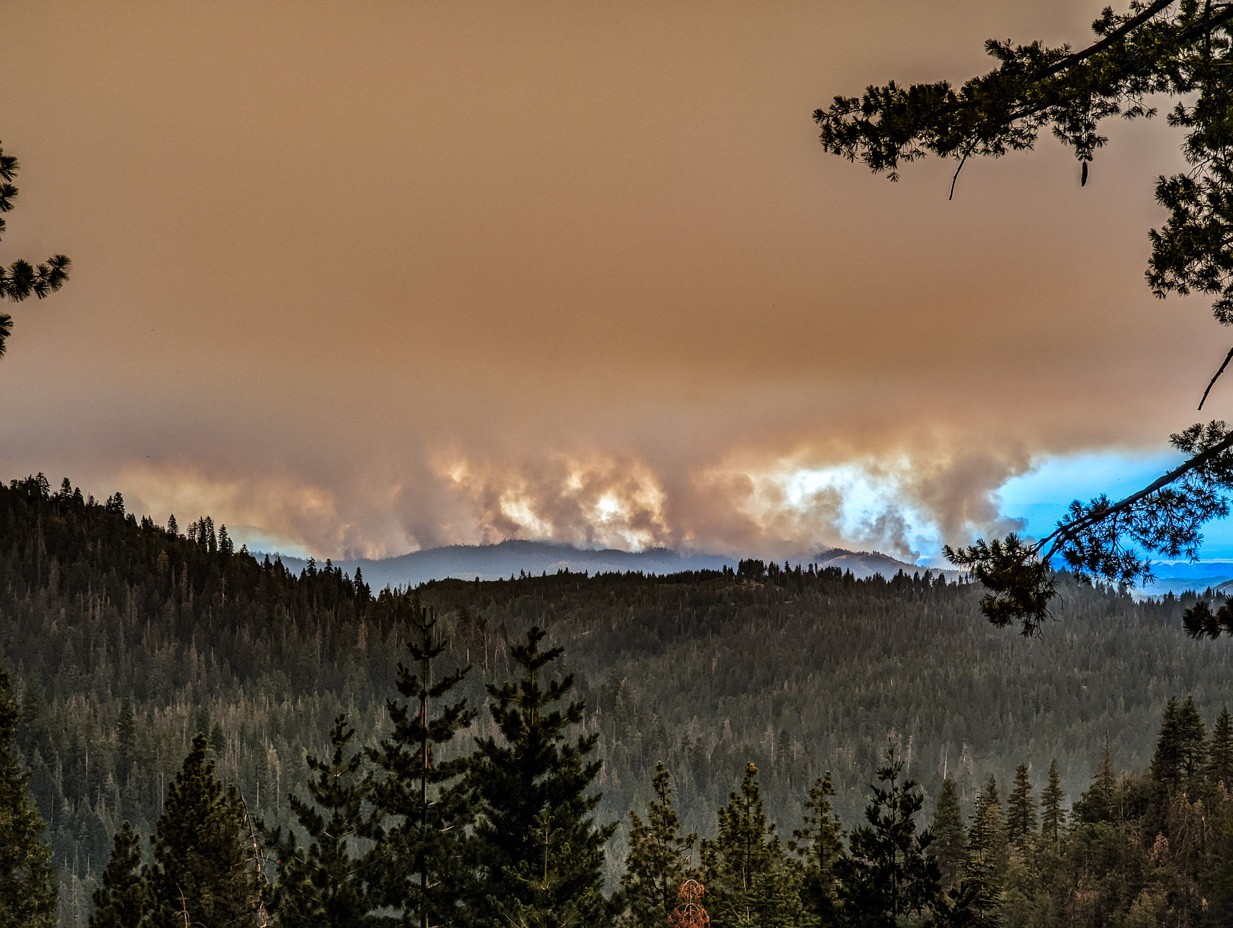

 ©Laura Haverkamp
©Laura Haverkamp
Chapter 24:19-25:4 (ESV) - “When you reap your harvest in your field and forget a sheaf in the field, you shall not go back to get it. It shall be for the sojourner, the fatherless, and the widow, that the LORD your God may bless you in all the work of your hands. When you beat your olive trees, you shall not go over them again. It shall be for the sojourner, the fatherless, and the widow. When you gather the grapes of your vineyard, you shall not strip it afterward. It shall be for the sojourner, the fatherless, and the widow. You shall remember that you were a slave in the land of Egypt; therefore I command you to do this.
“If there is a dispute between men and they come into court and the judges decide between them, acquitting the innocent and condemning the guilty, then if the guilty man deserves to be beaten, the judge shall cause him to lie down and be beaten in his presence with a number of stripes in proportion to his offense. Forty stripes may be given him, but not more, lest, if one should go on to beat him with more stripes than these, your brother be degraded in your sight.
“You shall not muzzle an ox when it is treading out the grain.”
Question to consider: How did these decrees limit injustice and encourage mercy?
Ever since Adam rebelled against God in the garden, every generation has been tainted with a nature that wishes to decide right and wrong in their own eyes and then judge God when their decisions don’t end up with a positive outcome. Like spoiled children, we would like to have every freedom without the negative consequences of that freedom.
Knowing our nature and the Law of God, Moses presented a framework that allowed for people to choose mercy while protecting people from injustice. This is the heart of God on full display. It is not that God does not have the power to stop evil in its tracks, but He provides an opportunity for people to choose mercy. The damage caused by evil is limited to this world, and as difficult as it may be to endure the evils of this world, they are temporary. I would even argue that it is worth experiencing hardship if it results in us or or neighbor abiding in Christ.
One day there will be no more sin or death, but in the meantime, we can do our best to respond to evil with good and put our hope in Christ who was willing to endure the injustices of this world in order for us to live in His kingdom and walk in newness of life.
Over our study of Deuteronomy, I’ve written about the LORD’s system of welfare called gleaning. A landowner could choose to be more generous by determining a wide margin for the “edges” of his field which were not to be harvested. Here, Moses put a limit on the greedy to keep them from going back over their initial harvest to ensure that there would be something for the poor to glean in every field.
In exacting justice from a criminal, our tendency is to want to over-correct so Moses put a limit on the punishment which could be given. The judge could choose to be merciful and assign fewer lashes, but he could not assign more than those given by the pagan nations or in the treatment of animals. In the kingdom of Israel, justice would be served while preserving dignity.
One who was greedy enough to leave the bare minimum in his fields or hardened enough to be merciless to a criminal could also be cruel enough to force his animals to labor in the field with a muzzle to keep them from eating any of the harvest. The heart of God is to care for the animals in their labor, and so Moses prohibited Israel from mistreating them in this way. Of course, a generous and loving farmer could provide a portion of the harvested grain to his animals as well. Everything was meant to limit unjust treatment and leave room for mercy and generosity.
Dear heavenly Father, help us to have a spirit of mercy and generosity being quick to forgive and eager to uplift and show love toward our neighbor. As we face injustice in the world, help us to keep our eyes on Christ who was willing to endure our cross so that we may receive His righteousness. Amen.